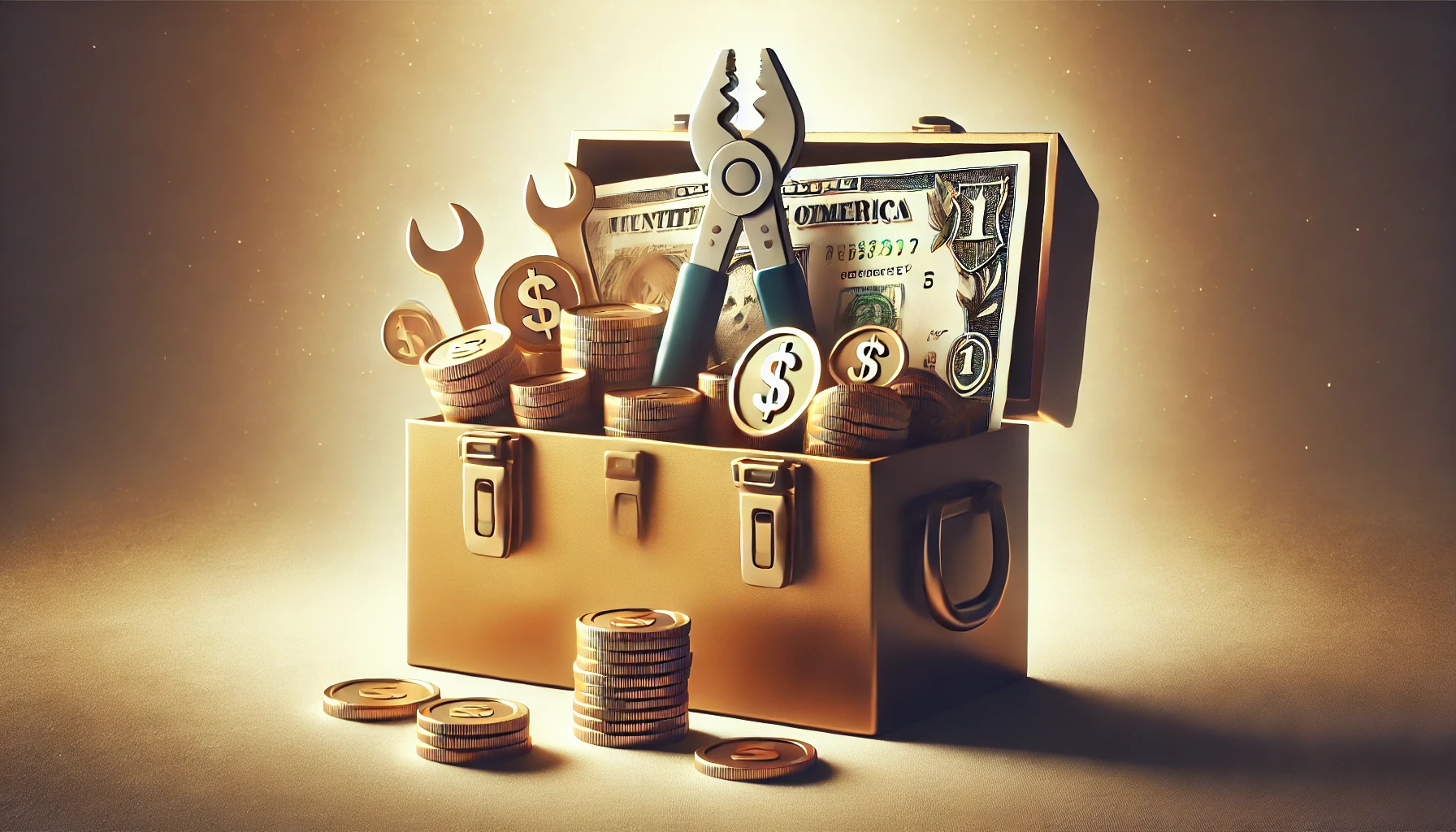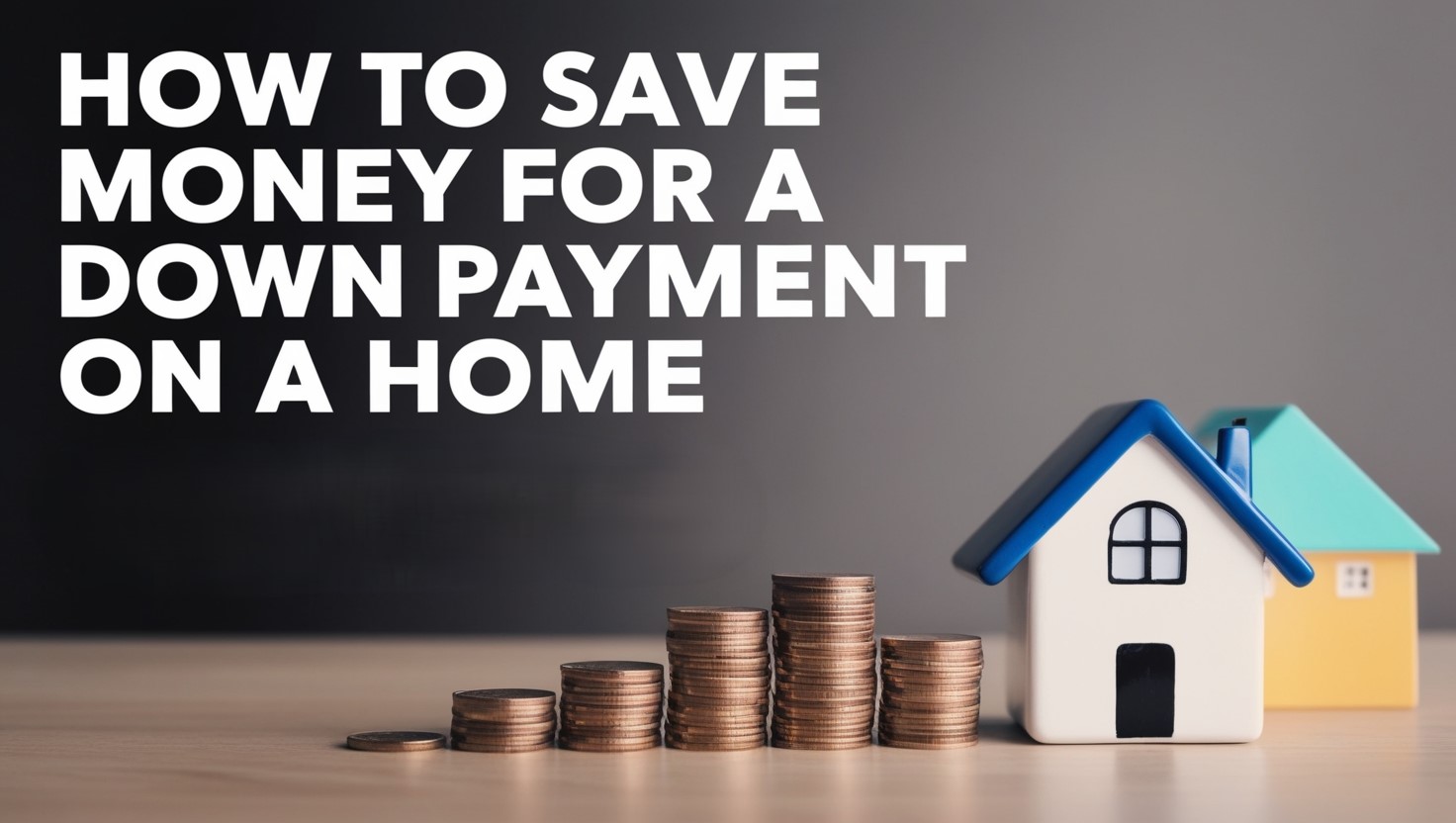Changing the Perspective on Money
For many people, the pursuit of money becomes an endless race—always striving for more, assuming it’s the key to happiness and fulfillment. But the truth is, money should be seen as a tool, not the ultimate goal. When we shift our mindset and view money as a resource that can help us build the life we truly want, it transforms how we approach both our finances and our overall well-being. This change in perspective allows us to focus on what really matters—freedom, security, and personal fulfillment.
1. Money as a Tool for Freedom
Money gives you the freedom to make choices that align with your values and passions. Many successful individuals view money not as the end goal but as a tool to create the life they desire.
Example: Billionaire Warren Buffett, known for his frugality despite his vast wealth, has famously said, “I want to have the freedom to do what I want with my time.” Similarly, Oprah Winfrey emphasizes that financial freedom allowed her to focus on projects that inspire and help others, highlighting how wealth creates opportunities for personal and professional fulfillment.
By prioritizing financial stability, you gain the power to say yes to meaningful opportunities and no to things that drain your time and energy.
2. Avoiding the Money Trap: Why Chasing Wealth Can Be Unfulfilling
Many people chase wealth believing it will bring lasting happiness, but often, it leads to dissatisfaction. The pursuit of more money without a clear purpose can become an endless cycle. John D. Rockefeller, once the richest man in the world, was famously asked how much money is enough, to which he replied, “Just a little bit more.” Despite his immense wealth, Rockefeller’s quote reflects the emptiness that can come from chasing money without meaning.
Research supports this. Studies show that after basic needs are met, increased income doesn’t significantly boost happiness. Billionaires like Bill Gates and Mark Zuckerberg emphasize how, once you achieve financial security, true fulfillment comes from personal growth, meaningful work, and giving back—not from accumulating more money.
3. Money Builds Security, Not Happiness
While money provides the security needed to handle life’s uncertainties, it doesn’t necessarily lead to happiness. Financial security, such as an emergency fund or retirement savings, reduces stress and gives peace of mind. However, beyond meeting basic needs, studies show that more money doesn’t increase long-term happiness.
Research from Princeton University reveals that once annual income exceeds $75,000, emotional well-being plateaus. This illustrates that while money can help protect against financial anxiety, it doesn’t guarantee a happier life—meaningful relationships and personal fulfillment play a larger role.
4. The Value of Experiences Over Material Wealth
Research shows that spending money on experiences brings more lasting happiness than buying material possessions. Experiences, like travel, learning new skills, or attending events, create memories and personal growth that contribute to long-term fulfillment.
A study from the University of California found that people who spend on experiences report higher levels of happiness compared to those who purchase material goods. Experiences tend to connect us with others, provide a sense of adventure, and offer more meaningful, lasting joy than fleeting material items.
5. Using Money to Create Impact
When viewed as a tool, money can be used to create positive change in the world—whether by supporting loved ones, contributing to charitable causes, or investing in communities.
Example: Philanthropists like Bill and Melinda Gates have used their wealth to improve global healthcare and education, proving that money can drive meaningful impact. Even on a smaller scale, using money to help others or contribute to causes you believe in offers deeper satisfaction than simply accumulating wealth for its own sake.
Final Thoughts: Shifting the Money Mindset
By shifting your mindset to view money as a tool rather than the ultimate goal, you open the door to a more meaningful and fulfilling life. Money can offer freedom, security, and the ability to create lasting impact, but true happiness comes from how you use it. Prioritizing experiences, relationships, and purposeful spending leads to deeper satisfaction than simply chasing wealth. When money is seen as a means to achieve your personal values and goals, it becomes a powerful tool for living a richer, more rewarding life.



